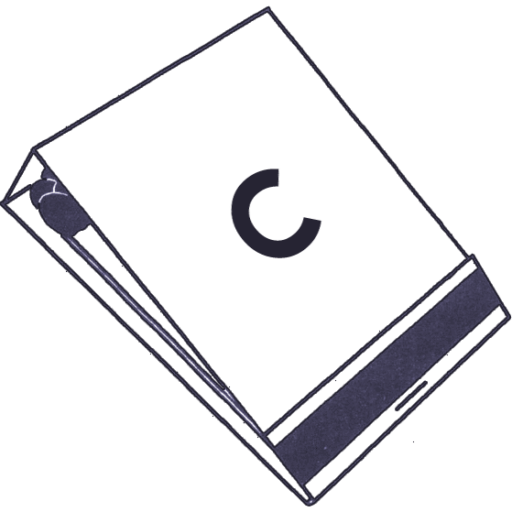So this is pretty cool. The AI education program I ran in Mexico made some waves so they are flying me back to accept an award in December.
But the truth is, this didn’t happen because I was great (though I promise you, I was). The real reason is Rodrigo—my rock star business partner in Guadalajara.
He put in a good word for me with the award committee because he’s a savvy individual who looks out for the people he collaborates with. What a mensch.
Quick backstory: I met Rodrigo through an entrepreneurship program where I volunteered as his “big brother” when he visited the U.S. Over time, we stayed in touch, and I’ve seen firsthand his knack for making things happen. This award is as much a testament to his generosity as it is to my work.
Winning an award is a nice ego boost…but ego boosts don’t pay the bills. I need more dealflow and I’m not-so-subtly looking for full-time work. So, how do I leverage this recognition to bring in more opportunities?
I reached out to Ben Carlson—communications expert, ex-editor of The Atlantic, and a “big deal” on Twitter. He follows me there, and I decided to ask him for advice. But how did I get Ben to follow me in the first place?
It’s not rocket science.
Ben gave a session on how to get featured in the media in the Small Bets community back in January. It was a great, so I followed him and sent him this almost stupidly simple message immediately after:
He followed me back, likely because I was genuinely appreciative of his expertise and my Twitter profile hints at what I can offer him (video skills and entrepreneurship guidance).
Which meant when I asked him for advice on how to leverage this award, he gave me gold.
Hey Cam,
First, congrats. Looks like great recognition for your work. As for how to leverage it, think about how it aligns with your overall message to potential clients.
E.g., you’re all about helping entrepreneurs level up to get more customers, capital, connections.
So, you could take the buildup to the prize awarding (is there a specific date?) to highlight the prize as validation of these aspects of your work.
Treat it as an opportunity to repeatedly stress that message and the credibility you have in that field.
“Honored to be getting this award for helping entrepreneurs grow their customers/capital from X to Y.”
Don’t bother emailing journos, not worth it. But put it in your bios. “International award-winning coach…” etc.
Tell stories based on the experience that your audience can relate to.
- Who did you help? How did you help them?
- What lessons can you bring from that different entrepreneurial context to an American context? (assuming your clients are mostly American)
TLDR, leverage it as a moment to give value to your readers and peel back the curtain on how you help people. It’s not about the award, it’s what the award is for: you’re really good at helping people explode their business opportunities.
If you have a blog, write a longer piece about what the experience down in Mexico meant to you, what it taught you, how it can help clients everywhere. Then adapt from that piece on X. People care about awards as affirmation of your credibility (“award-winning coach”), not much else.
Recap: How to Get the Most Out of an Award
- Make It About Them: No one cares about your trophy. They care what it says about how you can help them. In my case, that means framing it as: “Awarded for helping entrepreneurs grow customers, capital, and connections.”
- Own the Title: Add “award-winning” to your bio; gives instant cred.
- Skip Journalists: Journalists are a waste of time; focus on your audience—write about the lessons behind the win and how they apply to their challenges.
- Turn It Into Stories: Use the award as an excuse to share relatable, behind-the-scenes wins. People love seeing how the sausage is made (if it helps them make sausage).
So when you receive an award, the above playbook will help amplify its impact. If you need help remembering it, nerdier readers among you might have noticed that this is an acronym: MOST.
Shoutout to Ben for his advice. If you need thought leadership/ghostwriting services, learn more about his work here.
Takeaway: Getting access to experts is less complicated than you think. Sometimes following them on Twitter and saying something nice after they deliver a workshop is enough.
Get weekly tips on entrepreneurship, video, and shooting your shot in my newsletter: camhouser.com/newsletter
